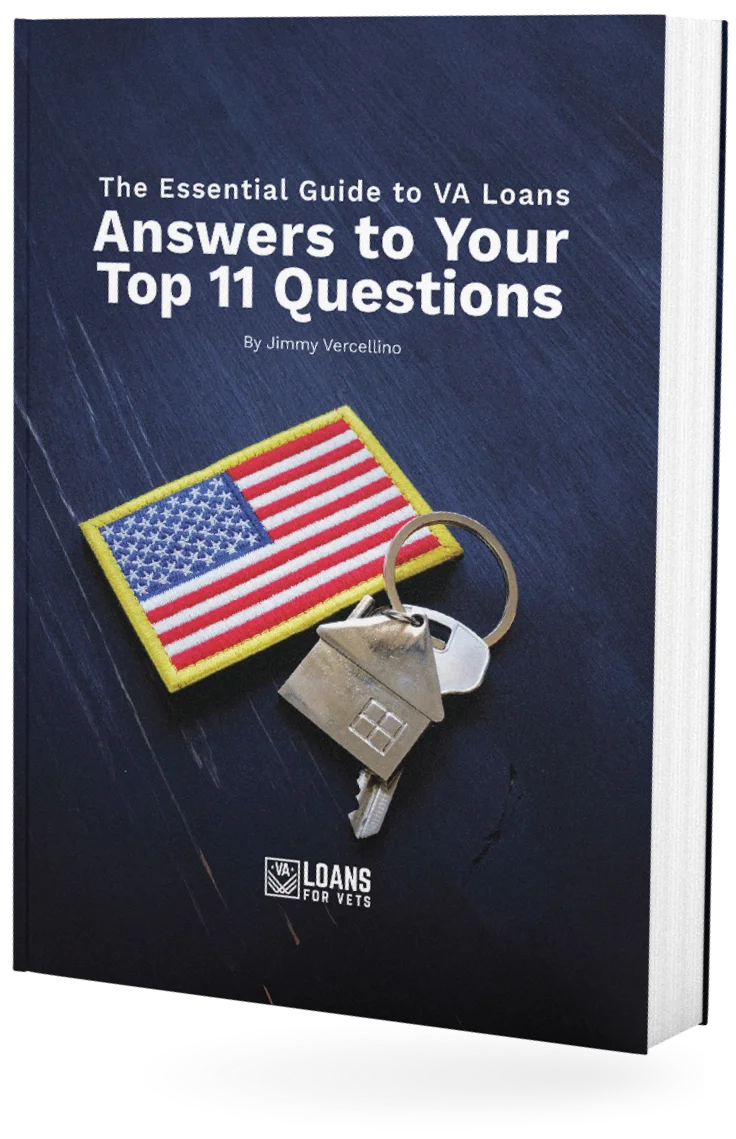If you are a survivor and dependent child of an active duty service member or veteran then you may be wondering if you qualify for VA home loan benefits. This article discusses what a VA home loan is, what the benefits are, and who qualifies for the loan.
What is a VA Home Loan?
VA home loans are provided by private lenders to military service members, veterans, and eligible surviving spouses to purchase a home, complete home improvements, or refinance a mortgage. These home loans are backed by the U.S. Department of Veteran Affairs which guarantees a portion of the loan to the lender if the borrower defaults on the loan.
Benefits of a VA Loan
Since VA loans are guaranteed by the government, mortgage lenders can offer flexible loan terms regarding income and credit requirements. The most common loan benefits include:
- No Down Payment
- No Private Mortgage Insurance
- Competitive Interest Rates
- Lenient Credit Requirements
- Limited Closing Costs
- No Loan Limits
- No Penalties for Early Payoff
Who Qualifies for a Va Loan?
You may qualify for a VA loan if you meet one or more of the following requirements:
- You served 90 consecutive days of active service during wartime.
- You served 181 days of active service during peacetime.
- You have 6 years of service with the National Guard or Reserves or served 90 days (minimum of 30 days consecutively) under Title 32 orders.
- You are the spouse of a service member who died while serving or due to a service-connected disability.
Are Children of Veterans Eligible for a VA Home Loan?
Sadly, VA loans are reserved for active duty service members, veterans, and spouses of deceased veterans. The home loan benefits do not extend to the children of veterans.
Do Children of Veterans have Benefits?
Although children of veterans do not qualify for a VA loan themselves, they are allowed to be the primary resident in a house that is purchased with a VA loan from a qualified borrower.
There are instances where a VA home loan covers two homes if the borrower spends a minimum of six months at each residence. It is important to discuss occupancy situations with your loan officer to ensure there are no occupancy issues.
VA Loan Assumptions
You do not need to be an active duty service member, veteran, or surviving spouse to assume a VA loan. Any person can assume another person’s mortgage as long as:
- The lender allows assumptions.
- The loan is current on payments.
- The new buyer qualifies under the VA standards for a mortgage payment.
- The new buyer meets income and credit requirements.
- The new buyer pays the funding fee and agrees to all mortgage obligations.
The only downside to assuming a VA loan is that if the new borrower is not a veteran then the original borrower’s entitlement will remain tied up on that loan until it is paid off in full. This could prevent the original borrower from obtaining another VA loan and using their benefits.
If the assumer defaults on the loan later on, then the original borrower may lose their entitlement entirely. If the original borrower does not wish to purchase a home in the future then having the loan assumed will not be a problem. If they do wish to buy a home down the line, then this is not the best option.
If the assumer is a veteran, they will be able to use their entitlement to assume the loan. This alleviates the original borrower from the above-mentioned difficulties.
The VA Loan Process
If you are an active duty service member, veteran, or surviving spouse you may qualify for a VA home loan. The first step is to obtain a certificate of eligibility or COE.
The US Department of Veterans Affairs has the form available here for you to print and mail or you can request a COE online through eBenefits. Some lenders have the ability to use an online system called Web LGY to retrieve a copy of your COE.
If you are looking to purchase a home but are not sure if you qualify, check your eligibility today or contact the VA Loans for Vets team at (602) 908-5849 to begin the process.



